- CRYPTOART / NFT
- 05/08/2021 @ 1:06 PM
Before technology becomes reality, someone must conceptualize it first. It's the artists and technicians of the imagination that plant the seeds for the technology that changes the world. This imaginative power to shift reality itself is very present in the work of Chris Bjerre. I loved this conversation and learned a lot from his perspective. Stay tuned to his Twitter for more information on his drop, May 8th, 2021 on Foundation.
Can you begin by introducing yourself to our readers? Your full name, where you are based, and the mediums you work in?
My name is Chris Bjerre, I'm a San Francisco based Motion designer and concept artist. My work is primarily in 3d these days and my tools are Cinema 4d and After Effects.
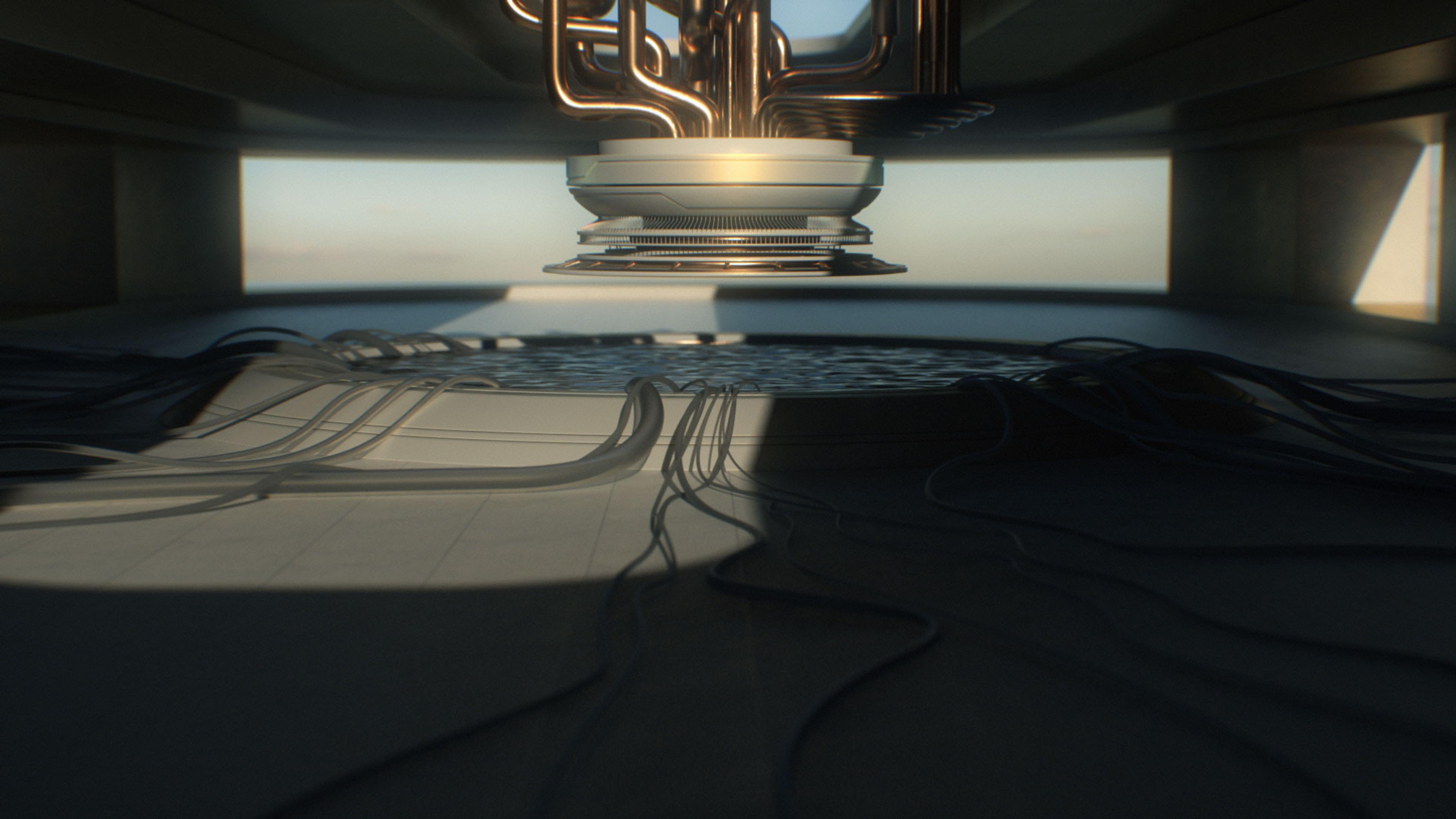
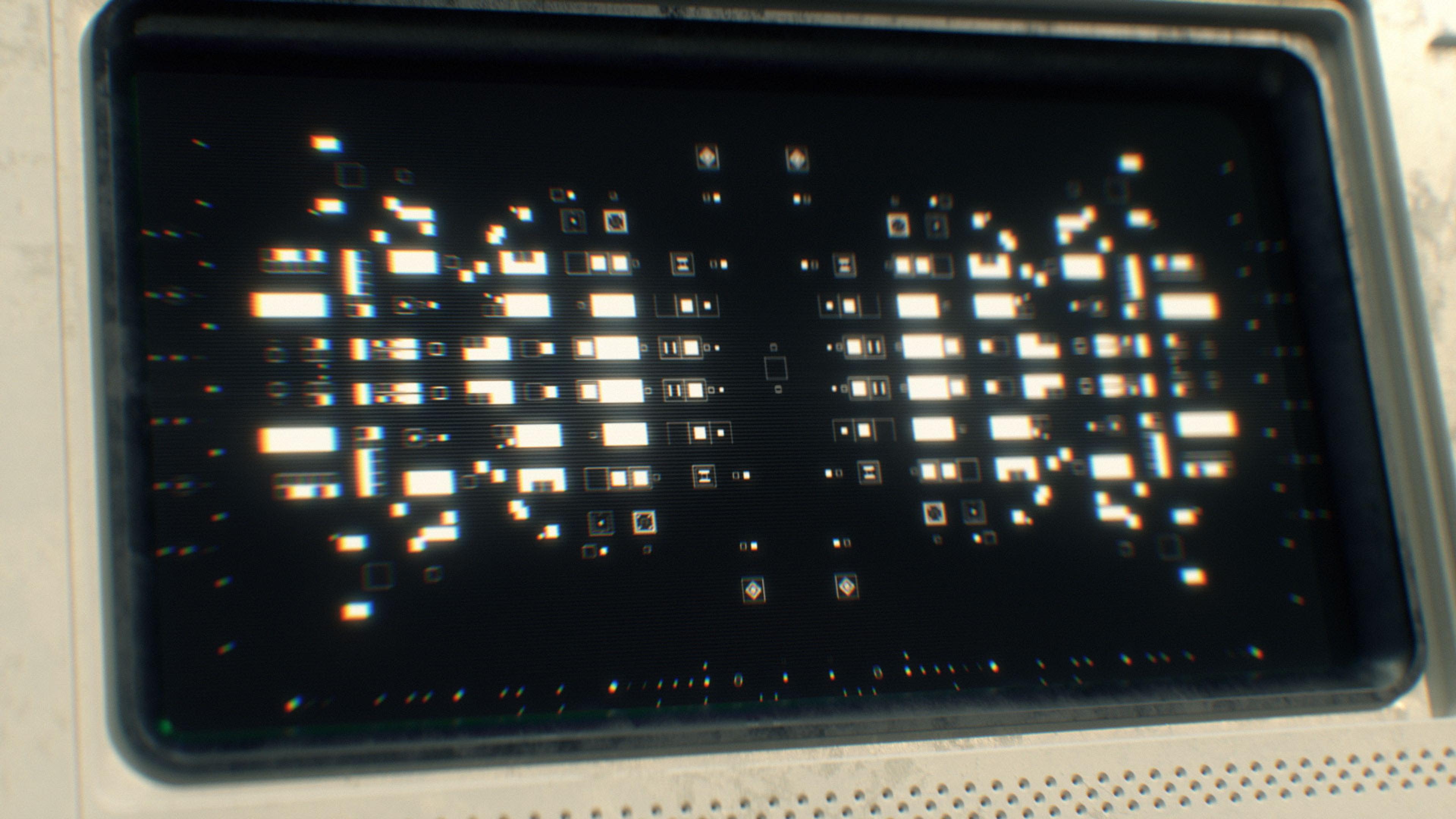
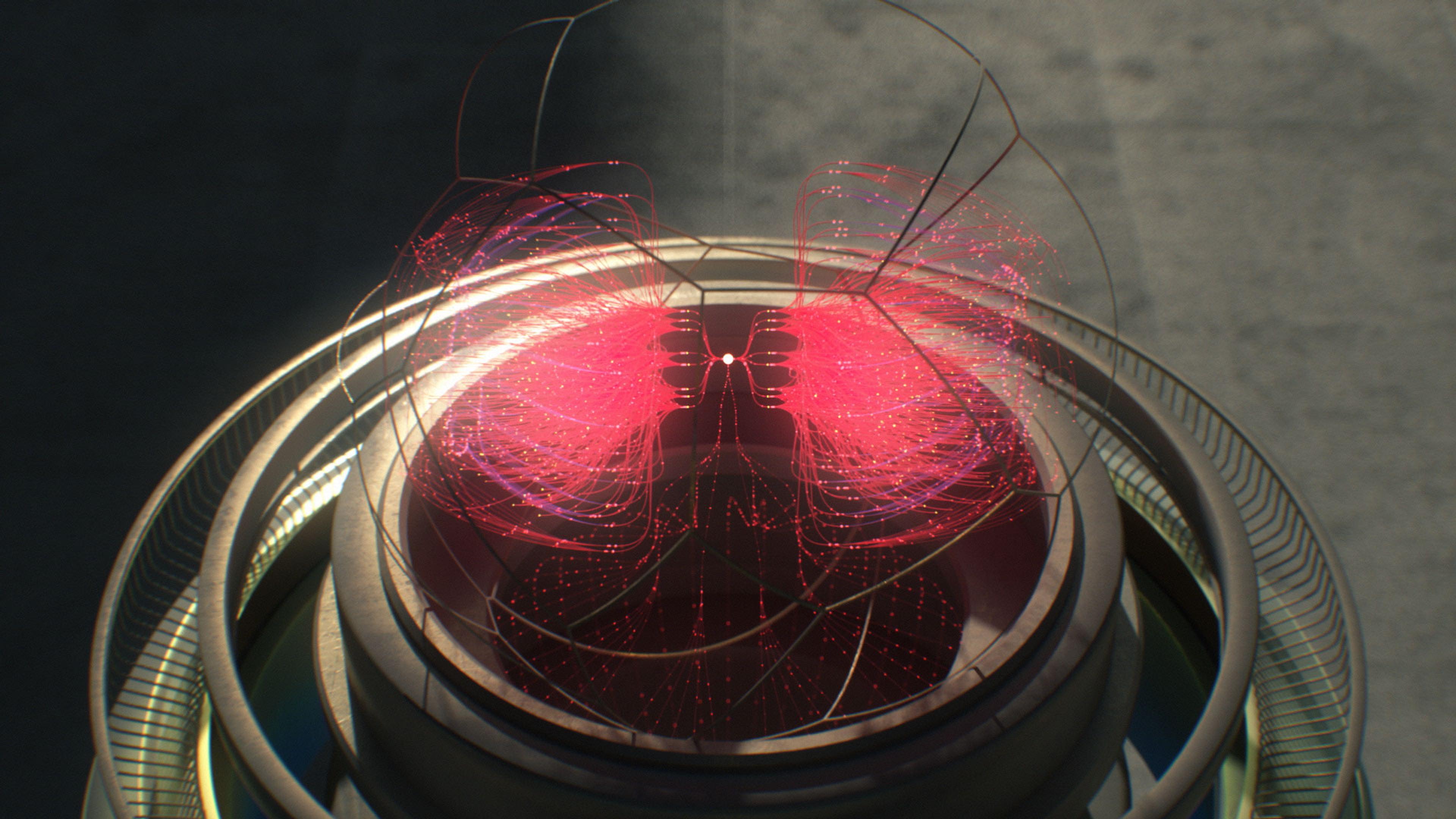
You are a self described robot enthusiast. I am as well, I grew up reading Foundation and everything else by Asimov, branching out to science fiction in general. What are your own early influences in this realm of design and technology?
Oh boy there are many. As a child I would get up early every Sunday morning to watch Transformers and would then spend the rest of the day doing pencil drawings of them. As a teenager I became a big cinephile and I eventually discovered Ghost in the Shell, which is a piece of inspiration I always come back to. I like robot aesthetic but I am also wary of the implications and effects that AI can have on our society today. So I like to explore themes around robots that have a bit of ambivalence and duality.
Working in motion design I have had the opportunity to work on some interesting projects with actual Robots as well. I had the pleasure of working on with Gmunk and a bunch of talented designers on a crazy projection mapping commercial for Audi where industrial robots where moving panels which we then projected graphics on. Here's a behind the scenes.
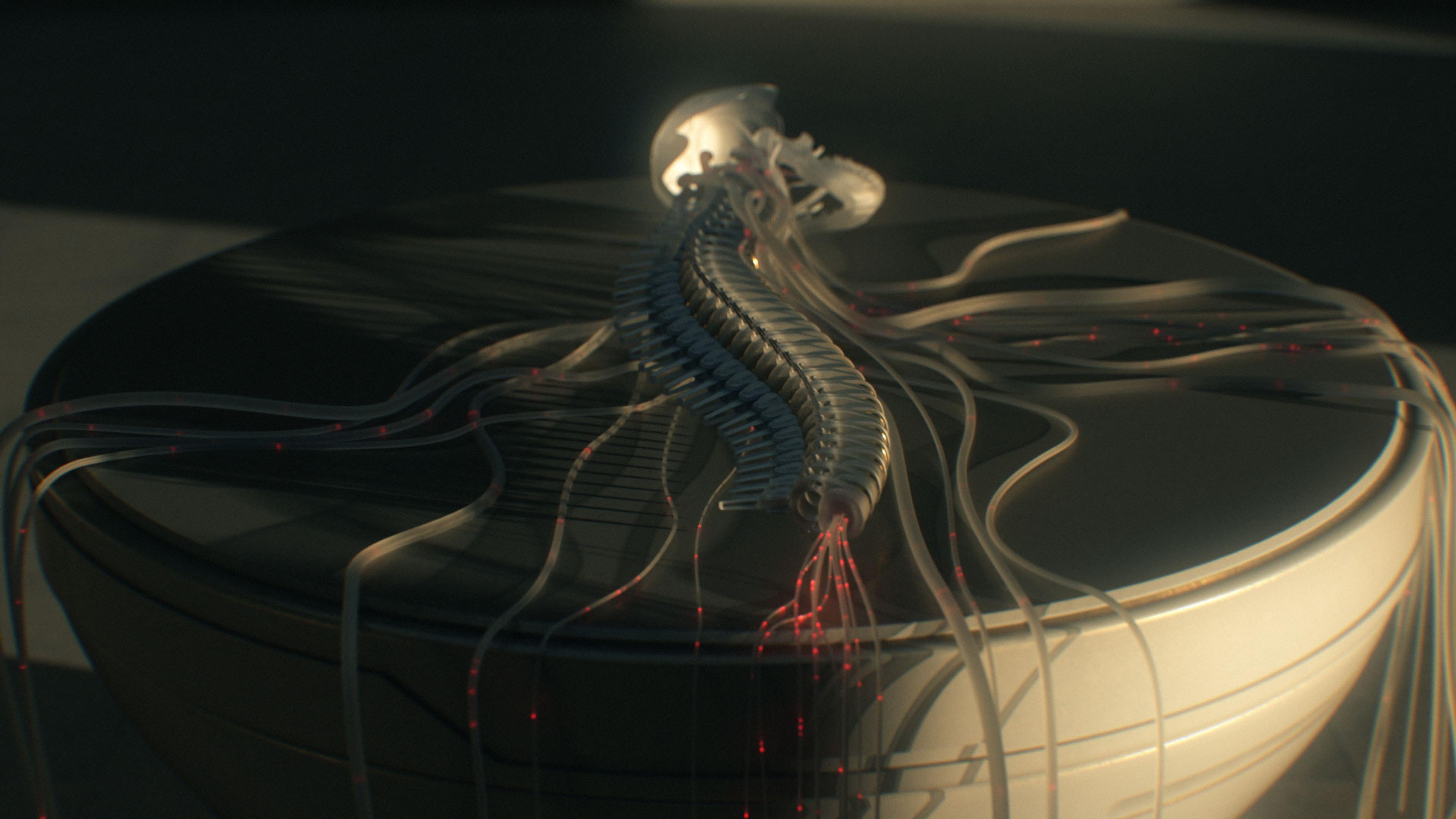
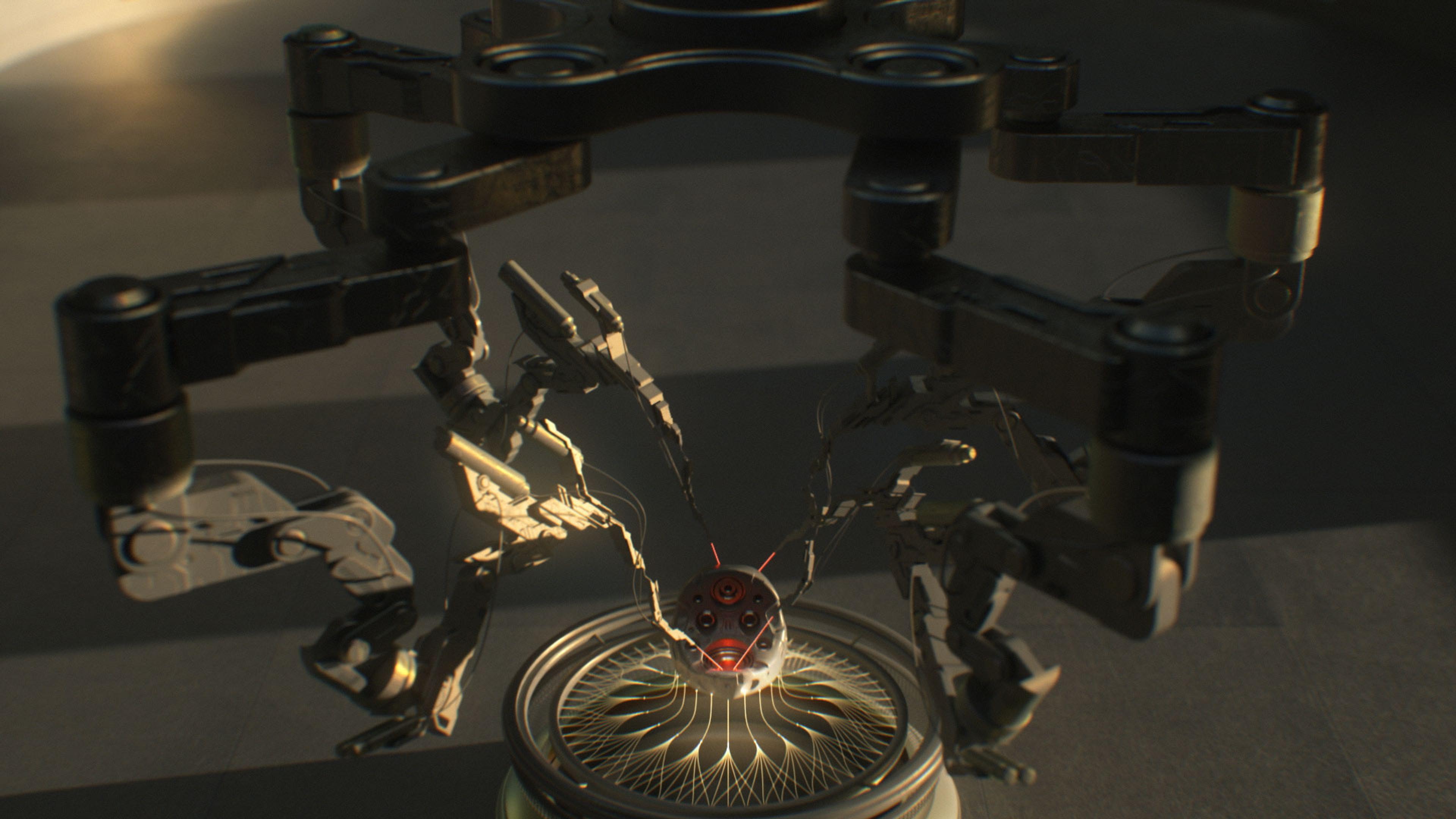
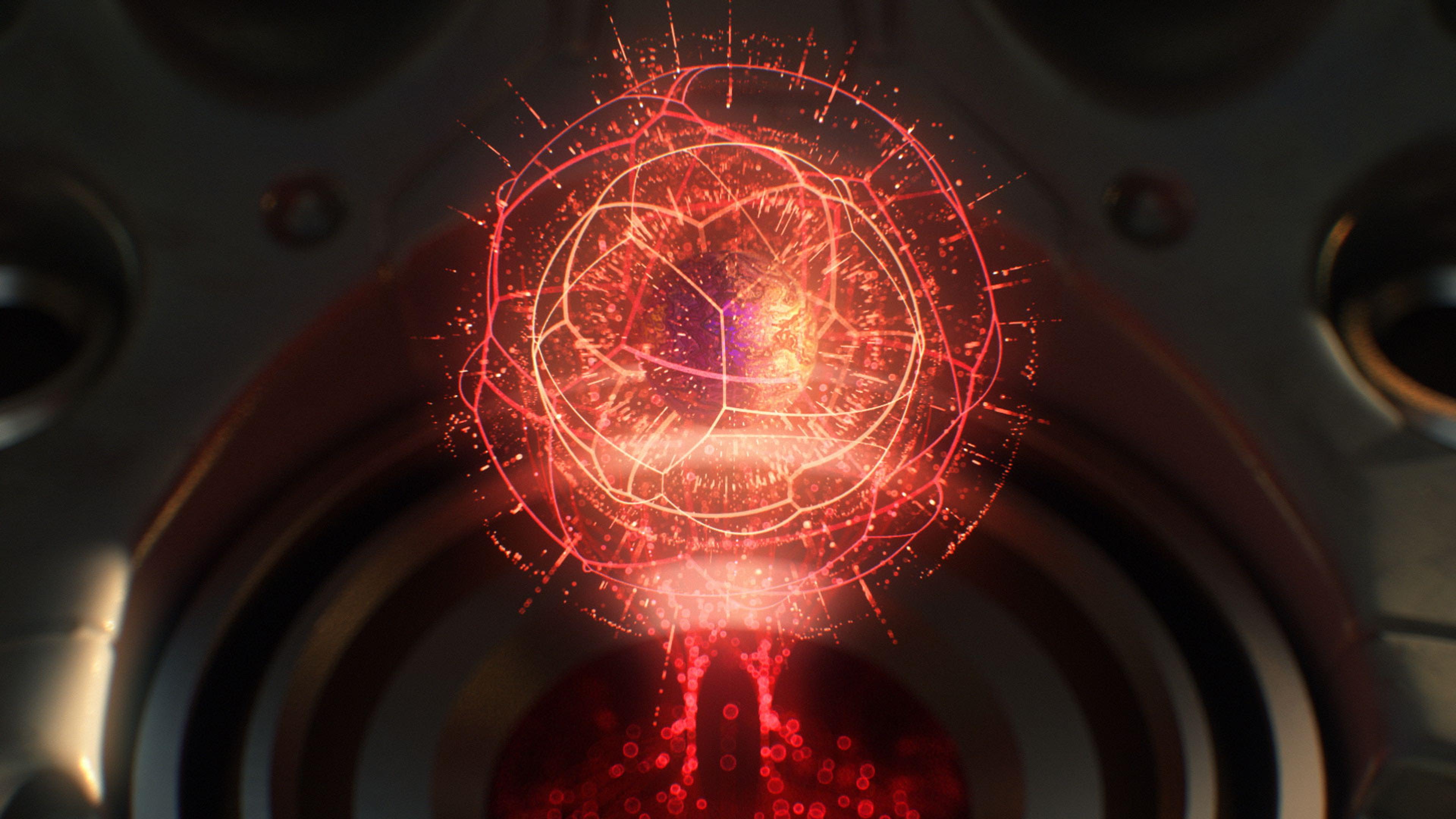
Well said. It's cool how many of us share the original Ghost in the Shell as an inspiration. It was definitely a catalyst for a certain aesthetic that has permeated our creative culture.
For sure, we see that aesthetic with pioneers like Chris Cunningham and in big blockbusters like the Matrix.
Yep. The matrix changed my perspective forever, another watershed moment.
I'm captivated by your work, and one reason is your technical proficiency... you are able to create things that I don't really question in terms of their reality. Its like getting a glimpse into the future. Can you share with us a bit about the way you learned over the years, the way you practice this craft, and perhaps a bit of the process from ideation to completion?
Thank you. That is high praise. I have always been interested in film and when I first started learning animation my approach was often to recreate certain film techniques or framings in the digital world. I started out learning 2d animation in After Effects and taught myself 3D over the years. Learning 3D and creating new pieces is a bit like sculpting where you chip a little bit away and keep iterating all the time, and eventually things get better and hopefully your technical proficiency will catch up to what you see in your head.
As I have become more technically proficient with time I still draw inspiration and reference from a lot of the same pieces of art. I always go back to Wong Kar Wai's 'In the Mood for Love,' because it's a film that has amazing cinematography but it also tells story through sophisticated visual hierarchies. Photographers that start learning 3D also often have a leg up, because understanding framing and what lenses to use is really important.
Most of my personal work has been short films, so even when just making images I try to think of a larger story. And sometimes the narrative isn't obvious but it can at times be decoded through certain compositions.
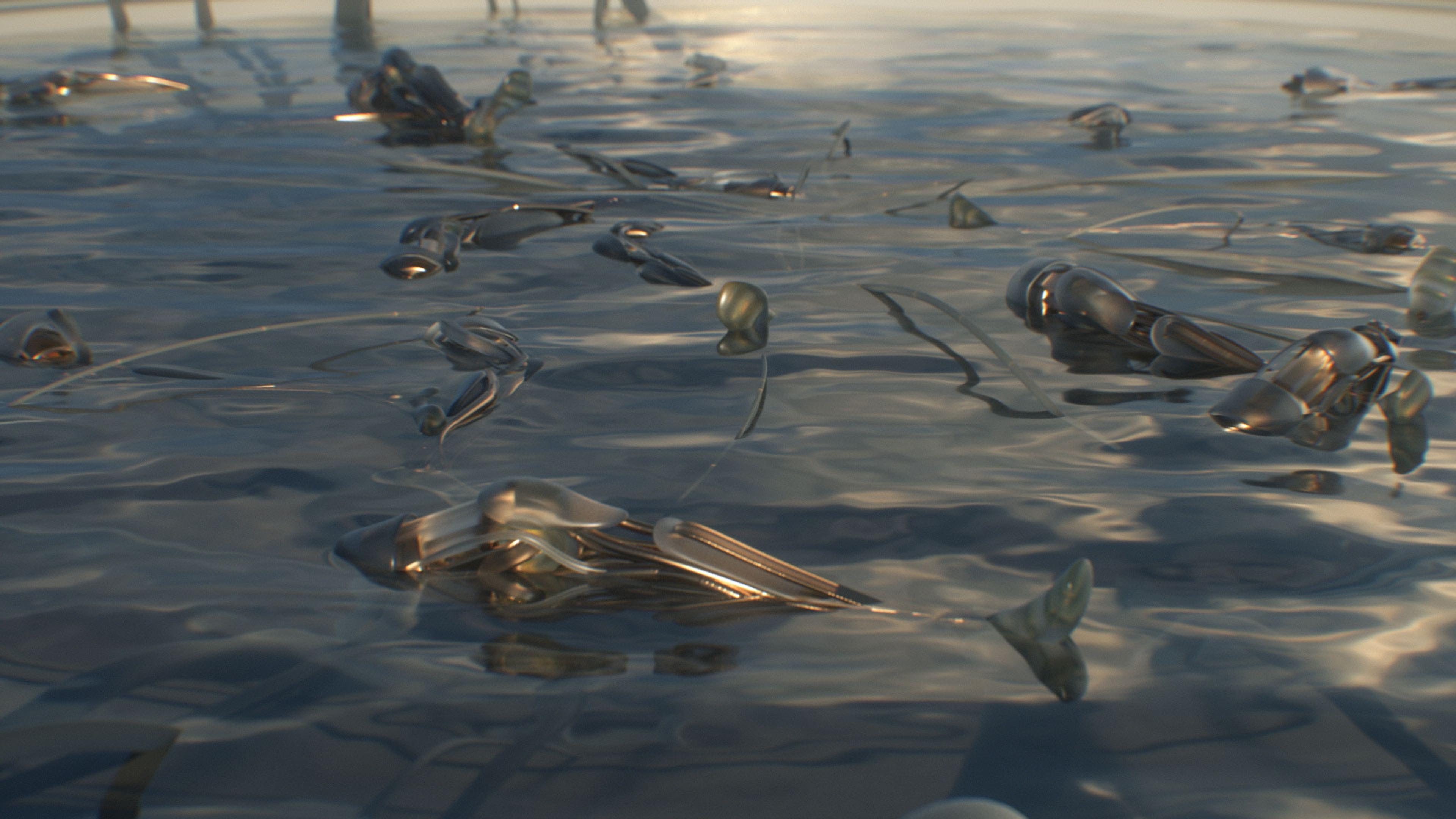
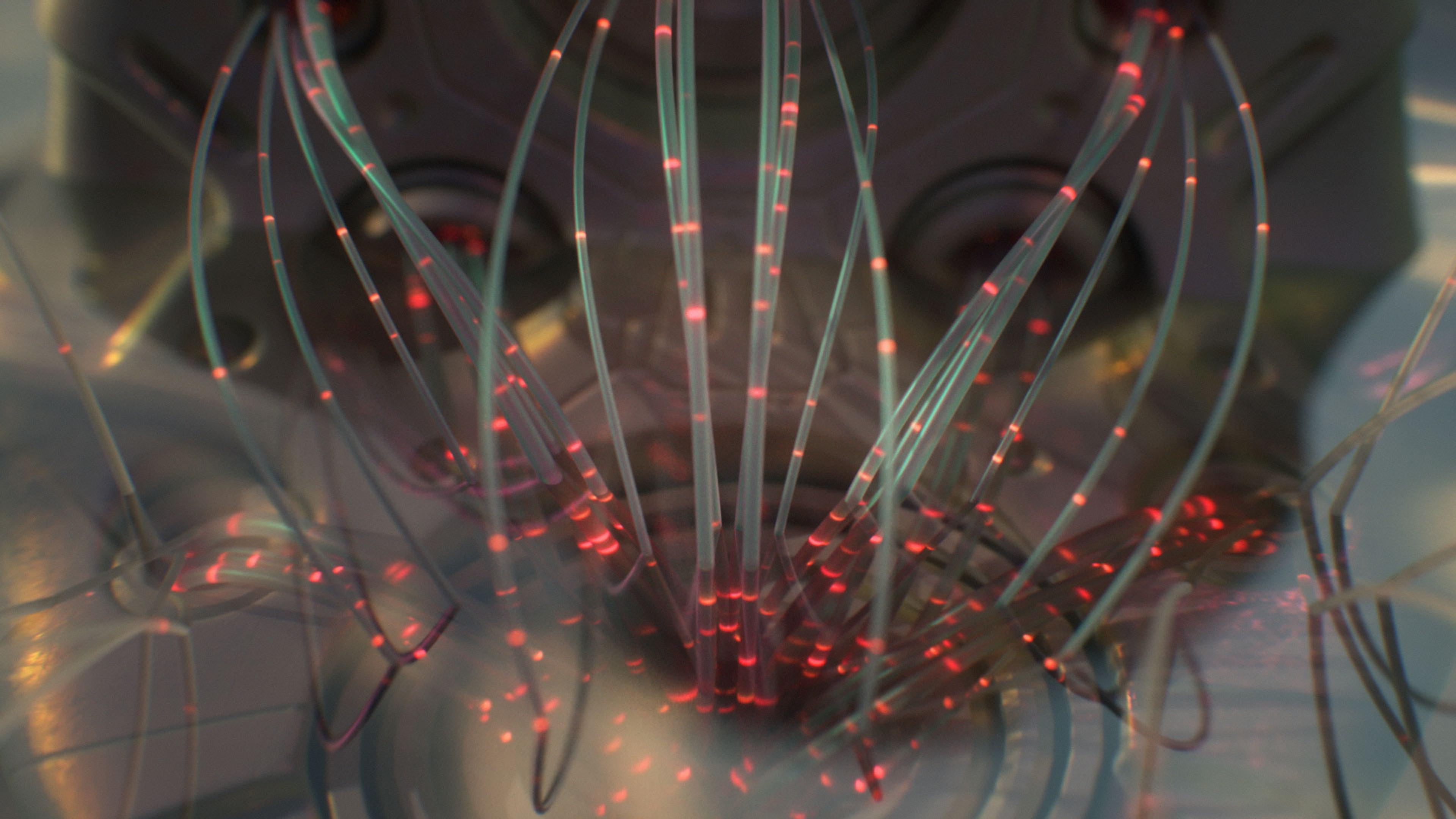
I dig that comparison to photography. During quarantine I started learning 3D, and I did find a lot of that knowledge useful. Furthermore, I learned a lot about lighting from 3D that I was able to bring back to photography. There's a ton of overlap.
Was it always clear to you that you wanted to have a career in creativity or was that a struggle you had to go through? Did you have support in that journey or did you have to swim against a current to make this a reality?
I always knew I wanted to be an artist, but wasn't sure exactly what that would look like job-wise. Most of my career has been happenstance. When I got rejected from the design college I wanted to go to, I spontaneously decided to study multimedia design to pass the time.
I'm from Denmark and there we are extremely privileged that we get a stipend from the government to study. I had just moved in to a new apartment with my girlfriend and would rather study than find a dead end job until I could reapply for the same school again. So I started studying multimedia design and we randomly had a guest lecturer from San Francisco, who was kind enough to set me up with an internship with a small studio in San Francisco. I learned After effects through a 3 month internship and that was enough for them to offer me a job. And I have been here ever since.
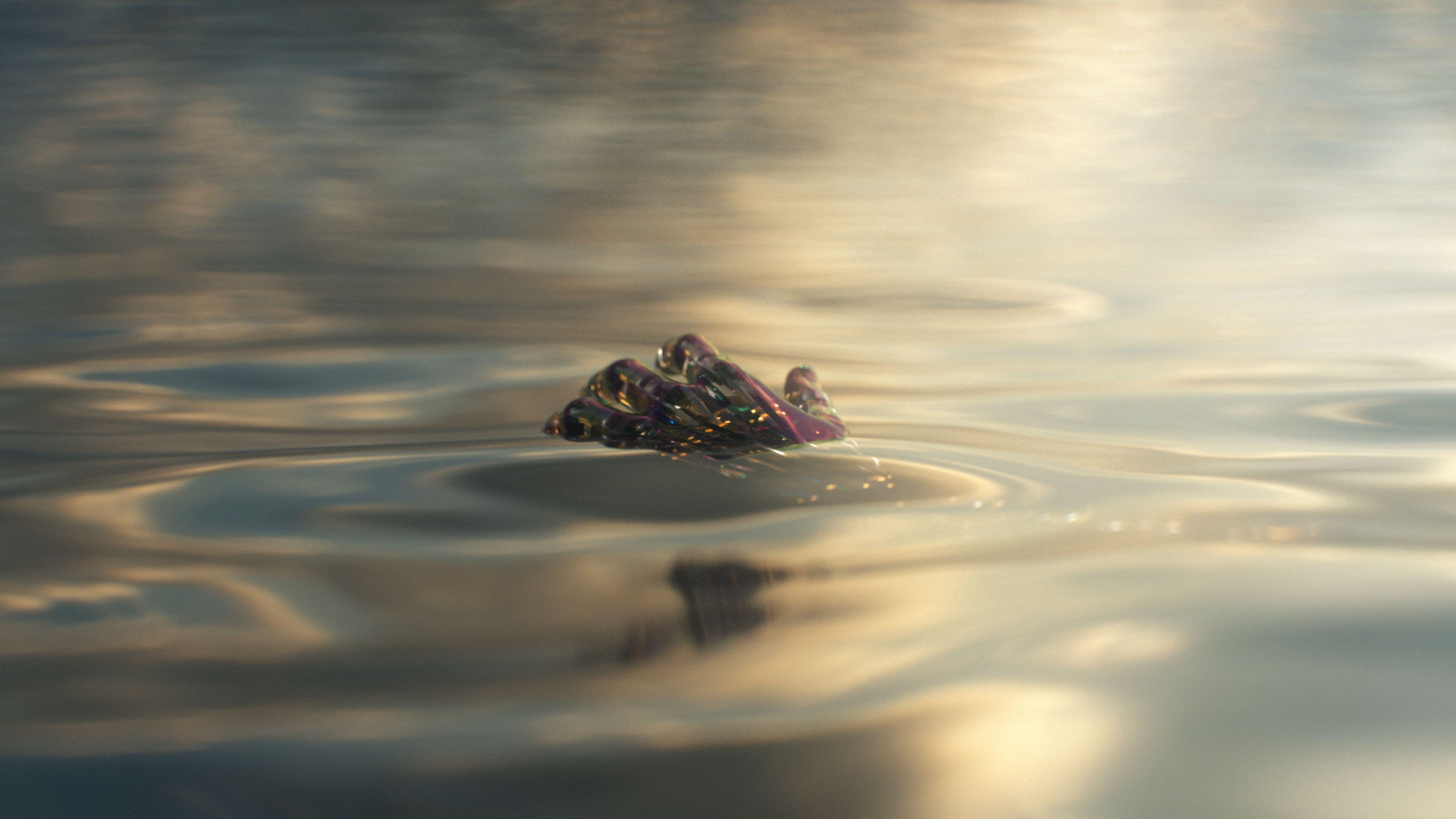
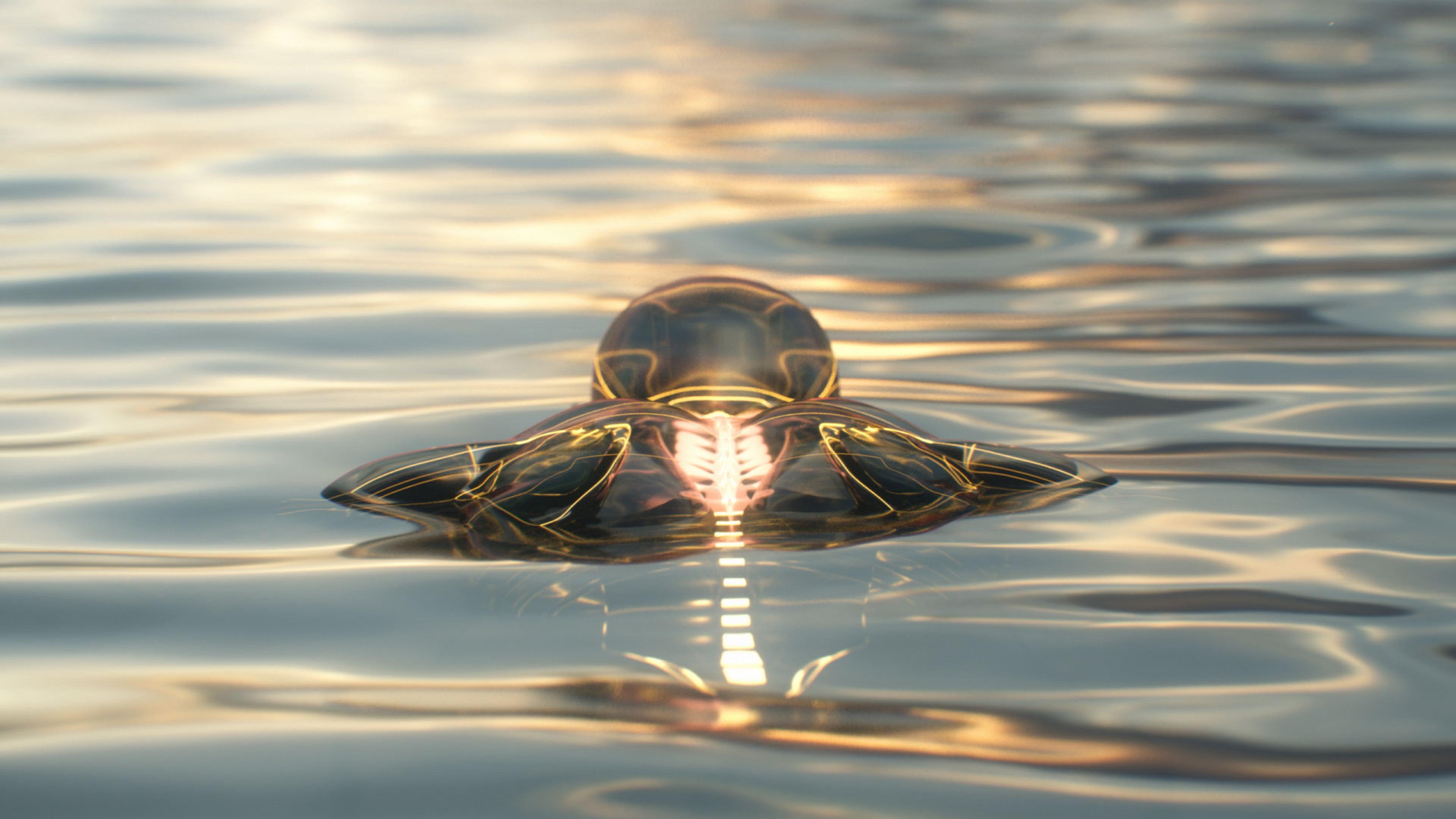

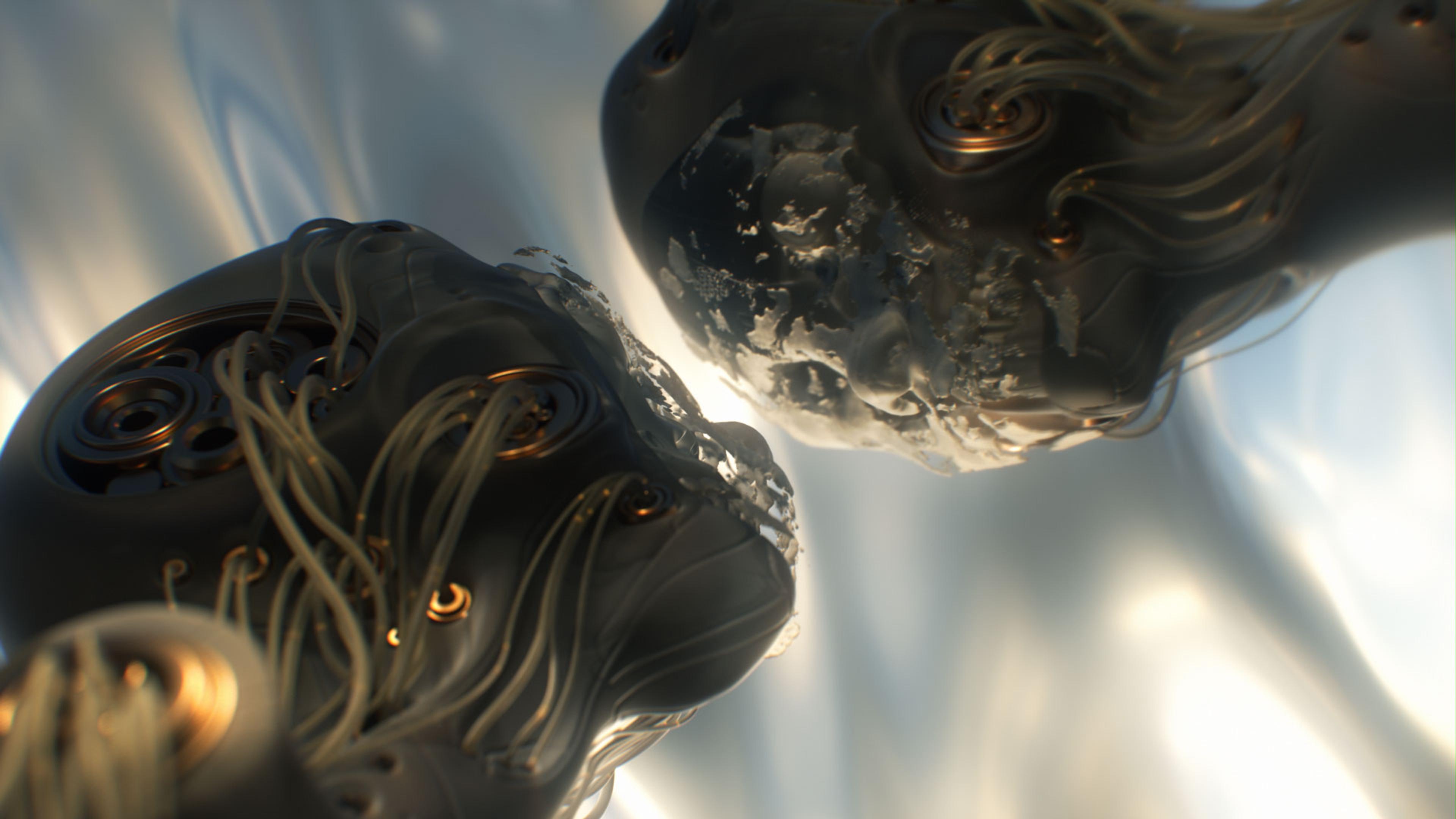
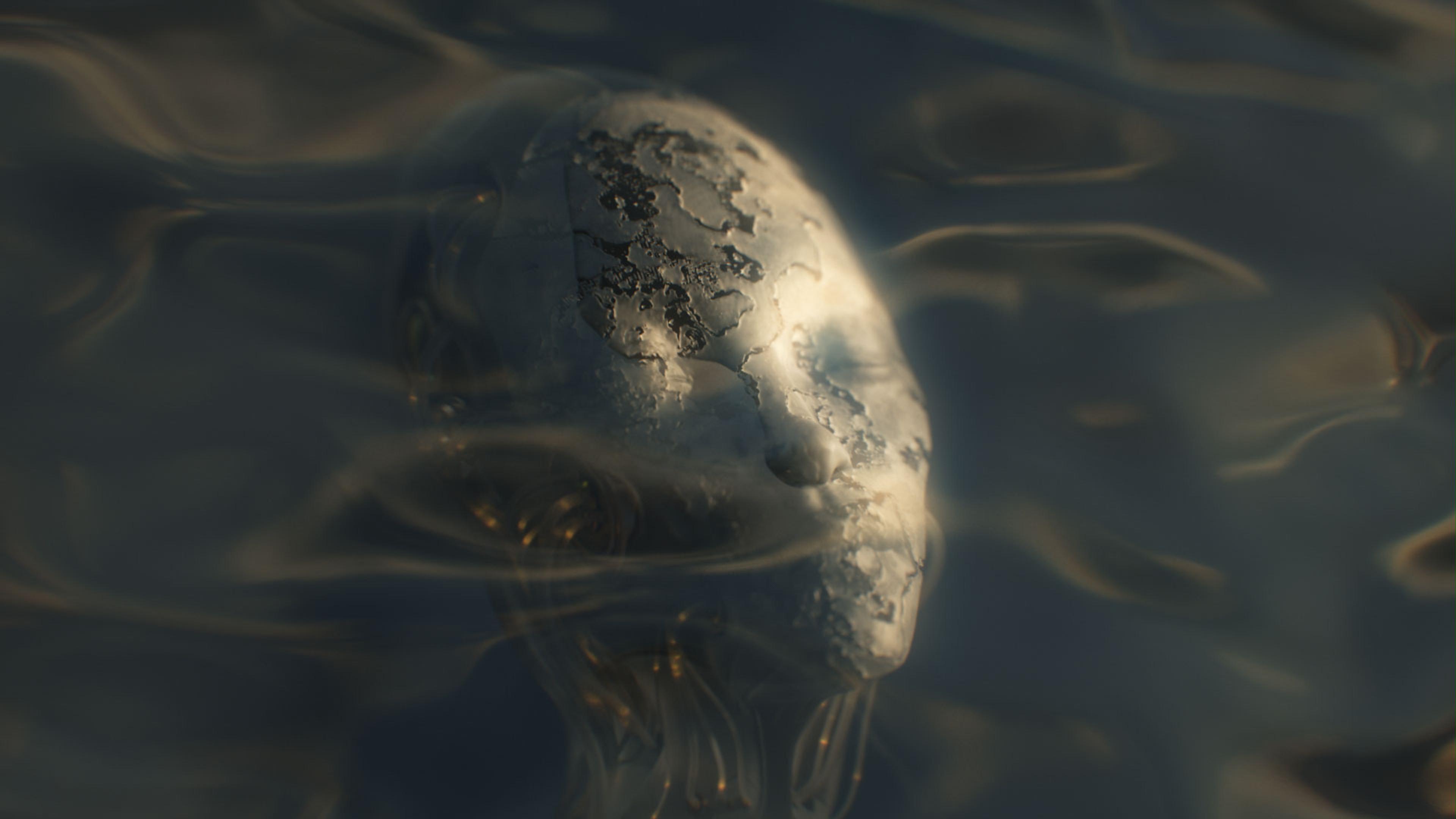
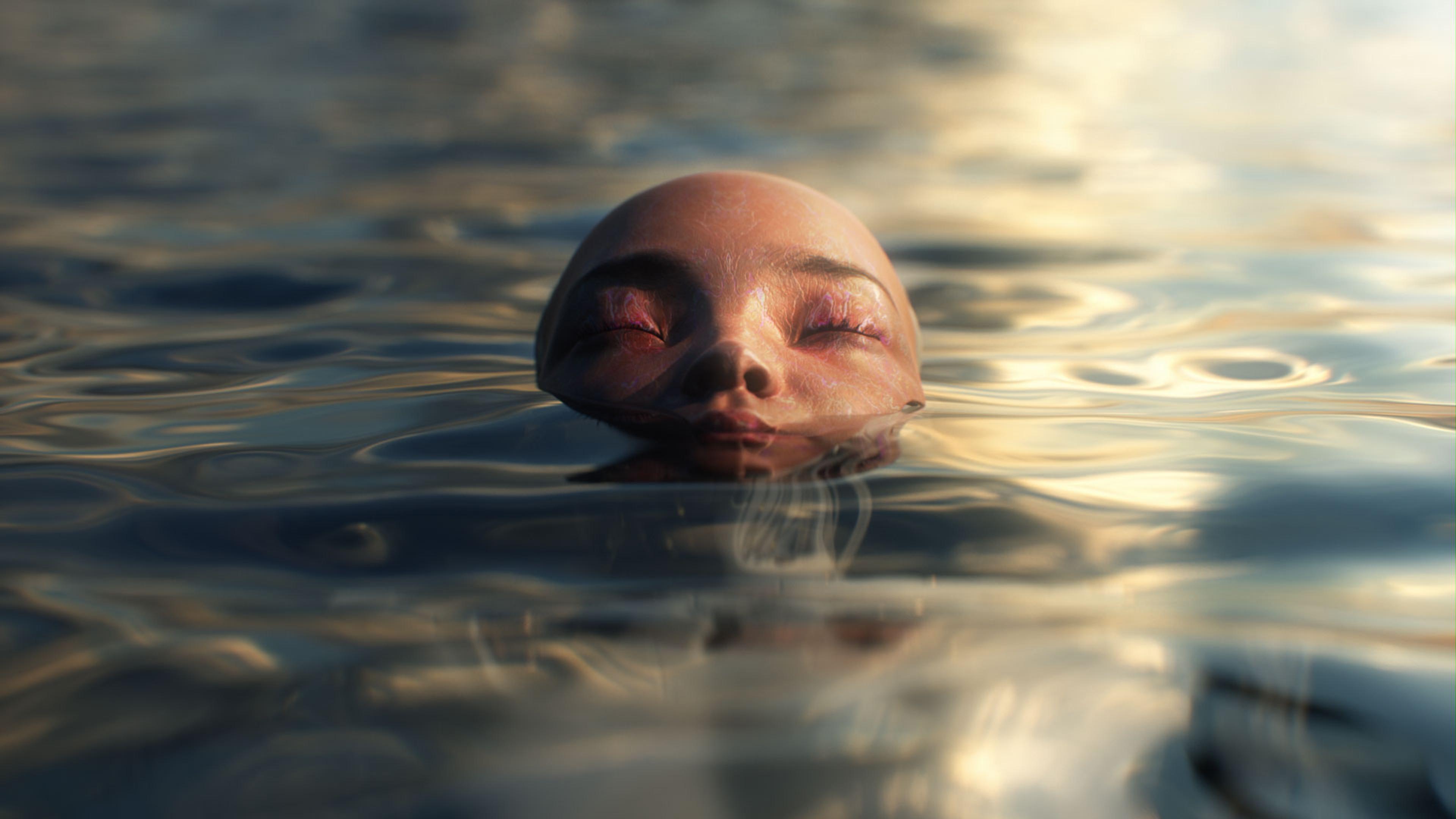
Wow, that's an incredible story. It's amazing how communities of people come together to help each other realize their dreams. I see a lot of that happening right now.
That's a nice segway to talk about the current state of creativity online. What is your take on the NFT movement? Pros? Cons? Hopes for the future of the space?
I think it's an incredibly exciting opportunity to create a new system where artists have more autonomy. I think we all hope that it will help cut away some of the middle men and shake up the power structure in current creative industries. The speculative aspects of NFT's are very complicated and I can understand why many artists are uncomfortable by having their work tied to a currency.
At the same time the art market has always been a strange creature riddled with exclusivity. I think we can only hope that it will break down some of the old barriers and make way for artists that have previously been kept at the gates. I also hope it will bring back some power to artists currently working in any creative industry and make companies reevaluate what they're worth and how they should be treated.
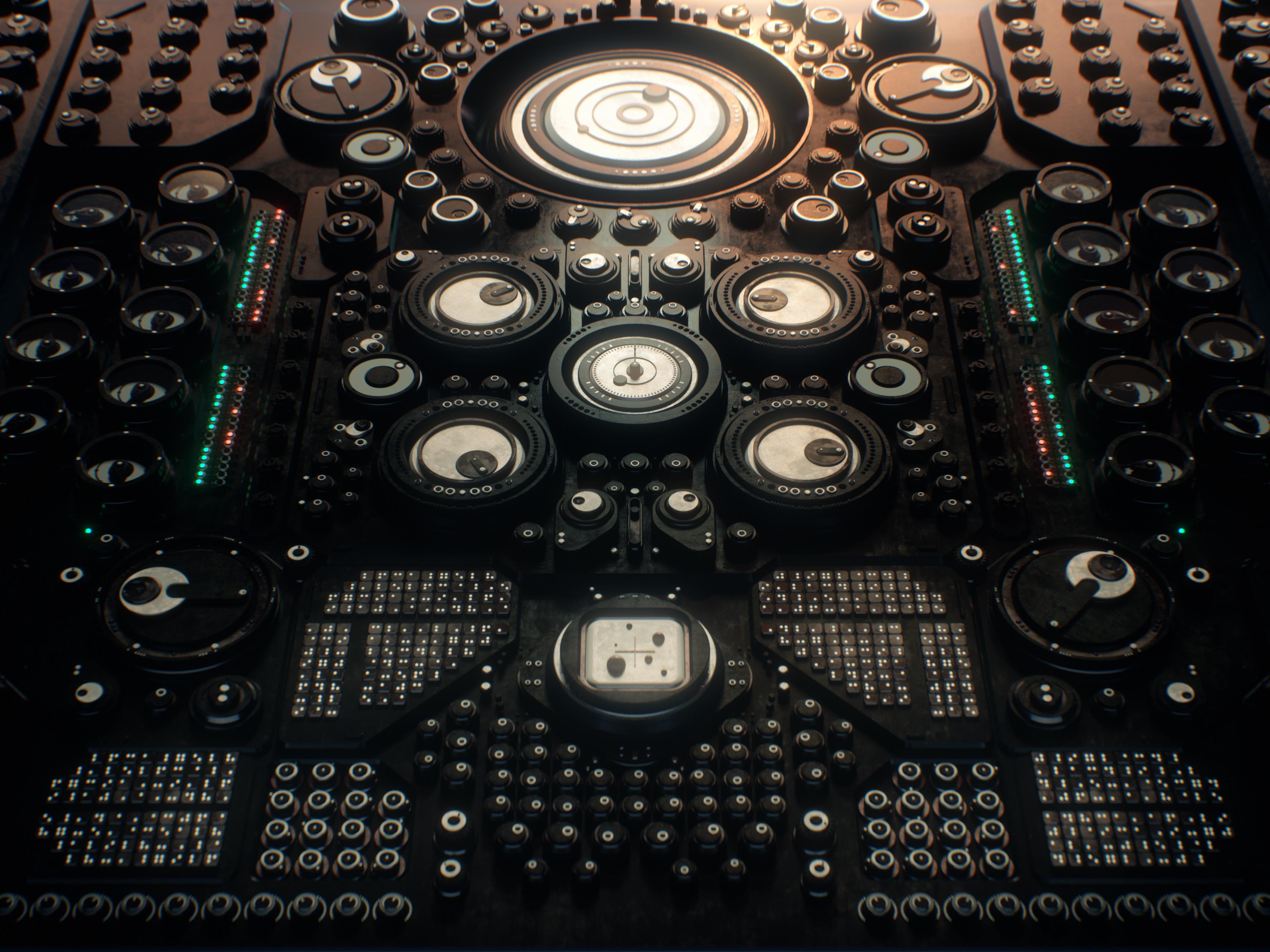
Well said. I share those hopes and I think it is up to us to make sure that we lead with these intentions, and not let this exciting new space devolve into the same old problems we are trying to fix.
The goal of ALLSHIPS is to spread ideas like that and be a proof that we can focus on building each other up, making room for everyone, and thriving as a community instead of competing.
To wrap it up, do you have any wisdom or advice to share with someone who may be earlier on their own creative journey?
I would say experiment as much as possible. Part of life is also figuring out what not to do. It's important to find your voice creatively and in a sea of styles and techniques that can be difficult. Whatever you end up doing, you are going to end up spending an enormous amount of time doing that. So chose something you love to do. You just have to find it.
Also it's extremely important to have peers. don't create in a vacuum. Community is immensely important and never be afraid to ask for help.
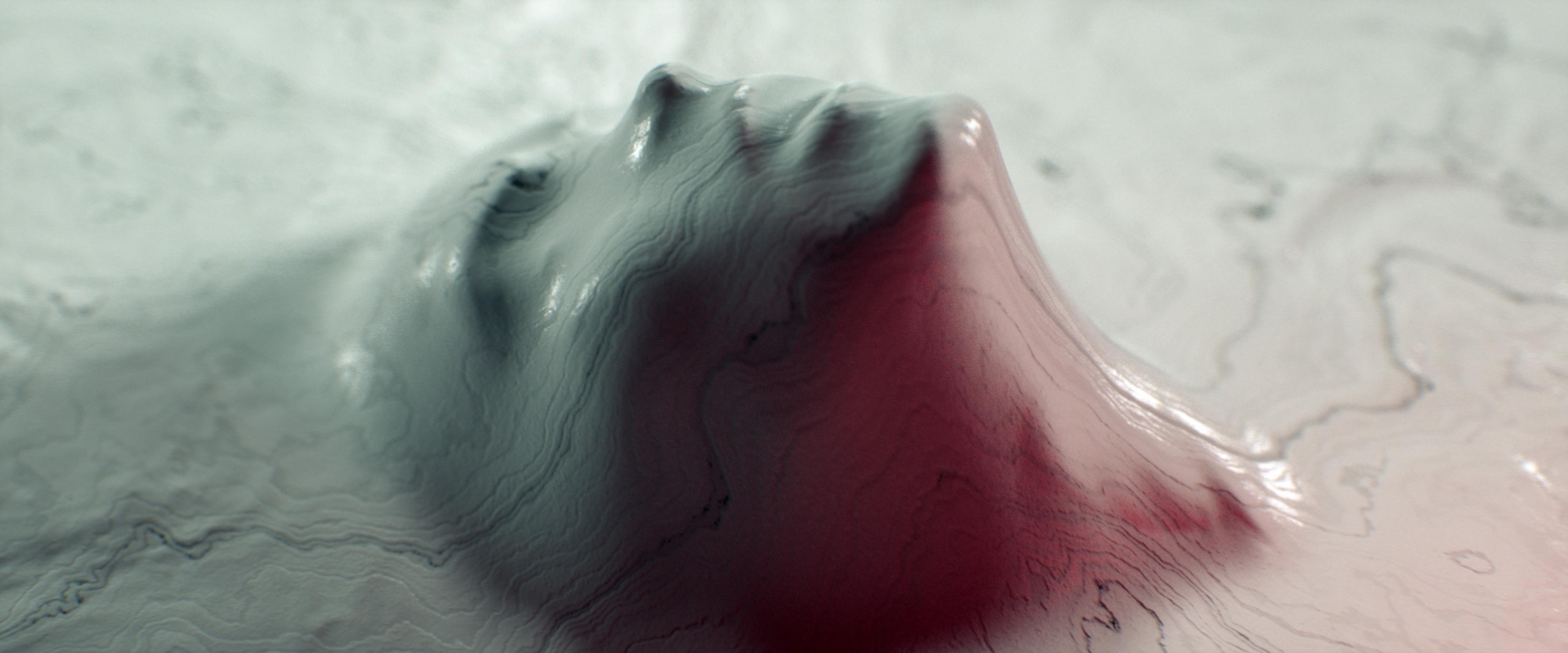
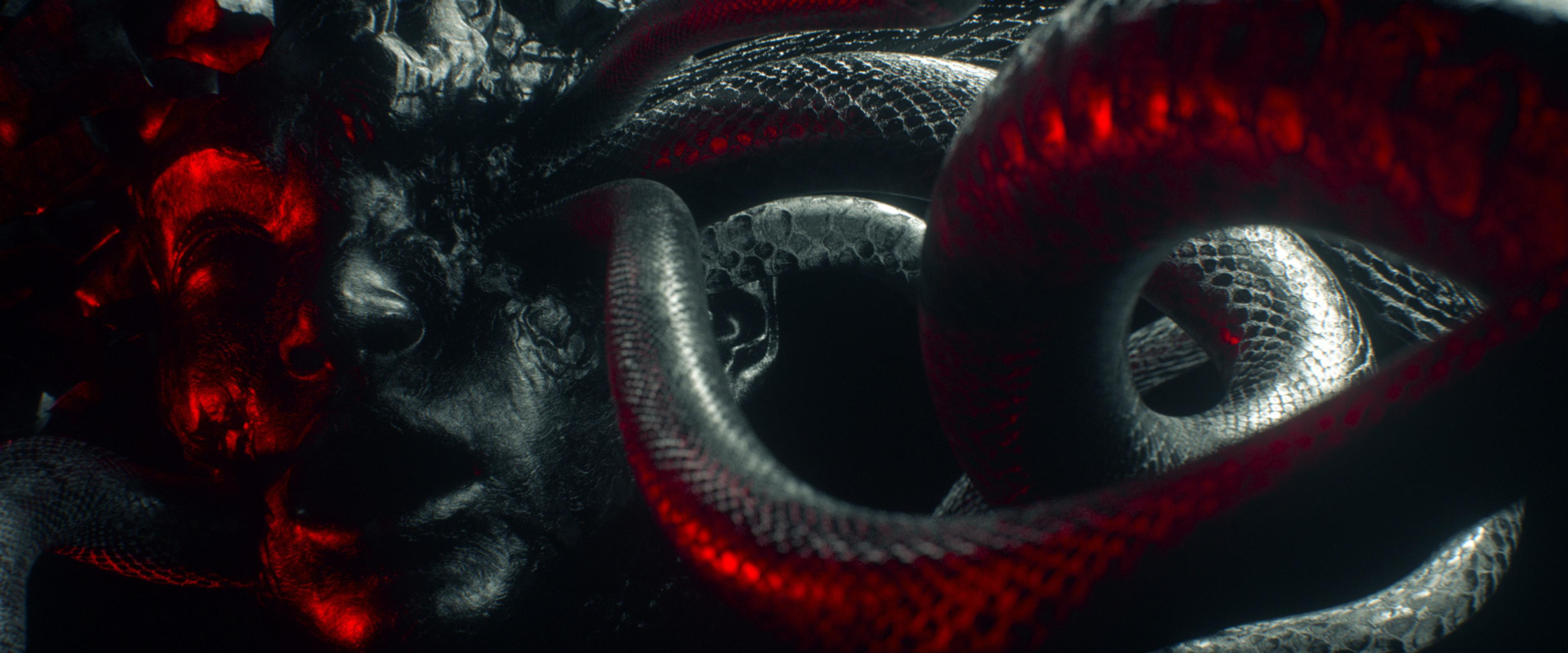
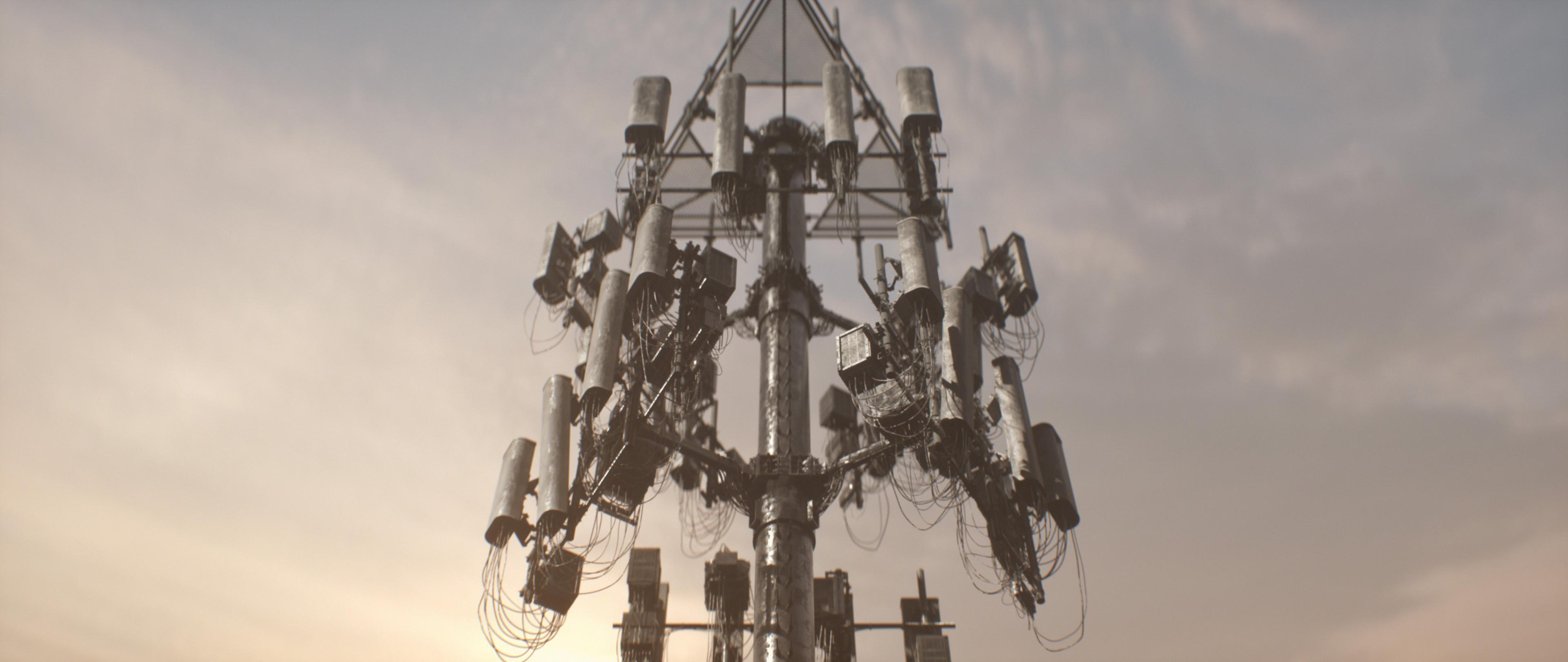
Well said, sound advice, and thank you so much for taking the time to share your world with us. What are the best links for people to find you online?
Thank you so much for having me Dave! Here is my link tree where you can connect with me across platforms, and you can see my portfolio at chrisb.tv.